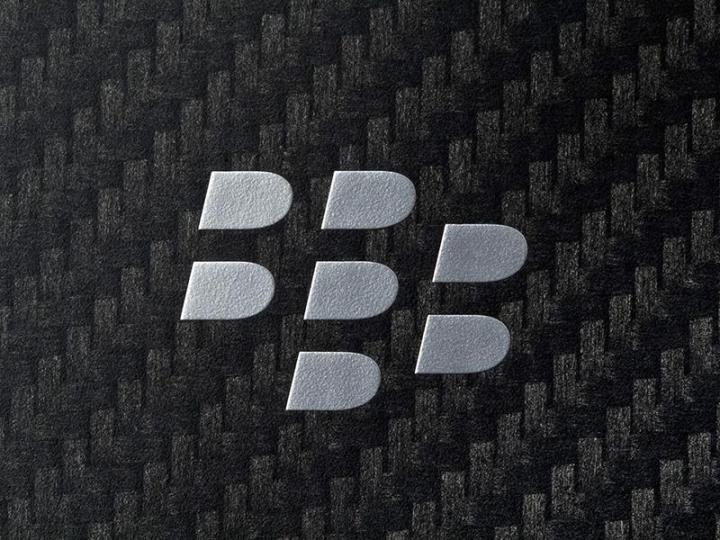
Troubled gadget maker BlackBerry has posted a $4.4bn loss for the third quarter of 2013, together with a significant write-down of assets. The company formerly known as Research In Motion isn’t throwing in the towel yet, though: it has also announced a new five-year deal with Taiwan firm Foxconn to manufacture its smartphones in the future.
Foxconn already builds electronic goods for the likes of Apple and Sony, and the latest agreement gives BlackBerry the opportunity to reduce its manufacturing costs and scale its operations more efficiently across the world (particular in the Far Eastern markets, where the company’s handsets remain popular). In the US, BlackBerry phones have a 3.6 percent share of the market, according to the latest ComScore figures. Android has 52.2 percent, Apple 40.6 percent, and Windows Phone 3.2 percent.
The stock markets responded positively despite the huge losses suffered by the company, as interim CEO John Chen laid out his plans to refocus on the enterprise handset market. Chen was appointed back in November after previous boss Thorsten Heins failed to find a buyer for the company. “For the foreseeable future, our designers in North America will focus on enterprise only,” Chen told investors on a conference call. “This does not imply, in the long term, we’re not going to get ourselves back into the consumer space.”
“Partnering with Foxconn allows BlackBerry to focus on what we do best — iconic design, world-class security, software development and enterprise mobility management — while simultaneously addressing fast-growing markets leveraging Foxconn’s scale and efficiency that will allow us to compete more effectively.”
Much of the $4.4bn loss was caused by write-downs related to unsold inventory, and BlackBerry will be hoping that its partnership with Foxconn minimizes this issue in the future. The deal, and the bullish forecasts by the BlackBerry CEO, saw the company’s share price rise by 16 percent by the end of the day’s trading. Of the devices that BlackBerry did sell in Q3, three quarters of them were from the lower-end BB7 group of products, emphasizing the difficulties that the newer BB10 models have had in clawing back ground from Android and iOS.
Editors' Recommendations
- BlackBerry trailer depicts the rise and fall of the iconic phone
- BlackBerry’s latest revival attempt crashes before launch
- The BlackBerry Key2 shows why software updates really matter
- Classic BlackBerries are finally losing suppport as company shuts down services
- BlackBerry rises from the grave: New 5G phone with a keyboard coming in 2021


